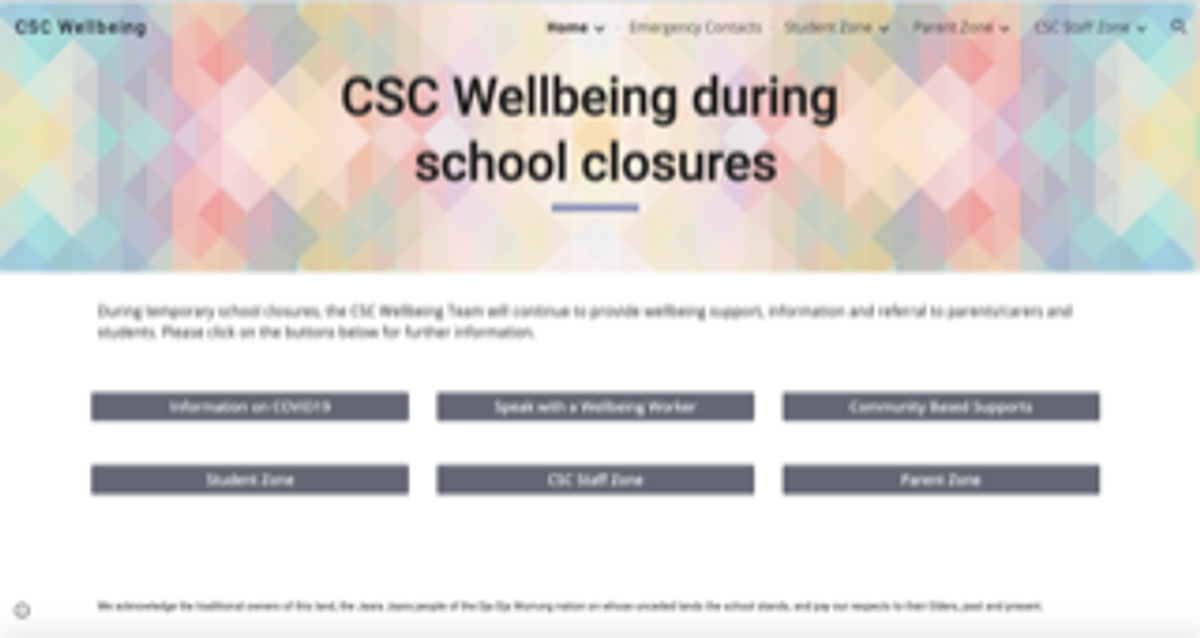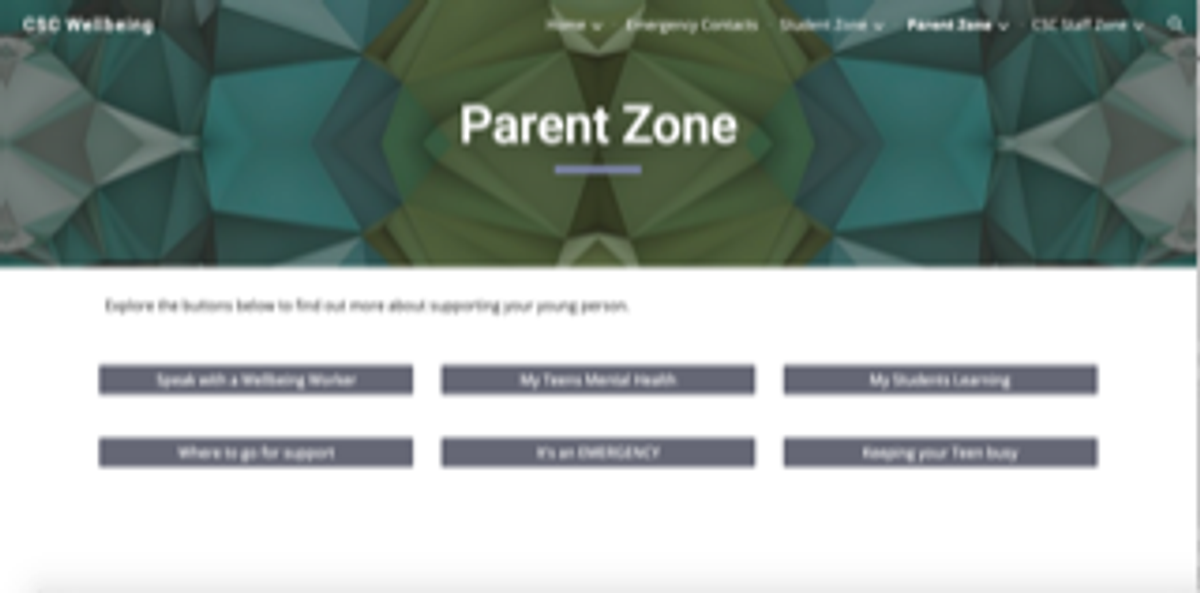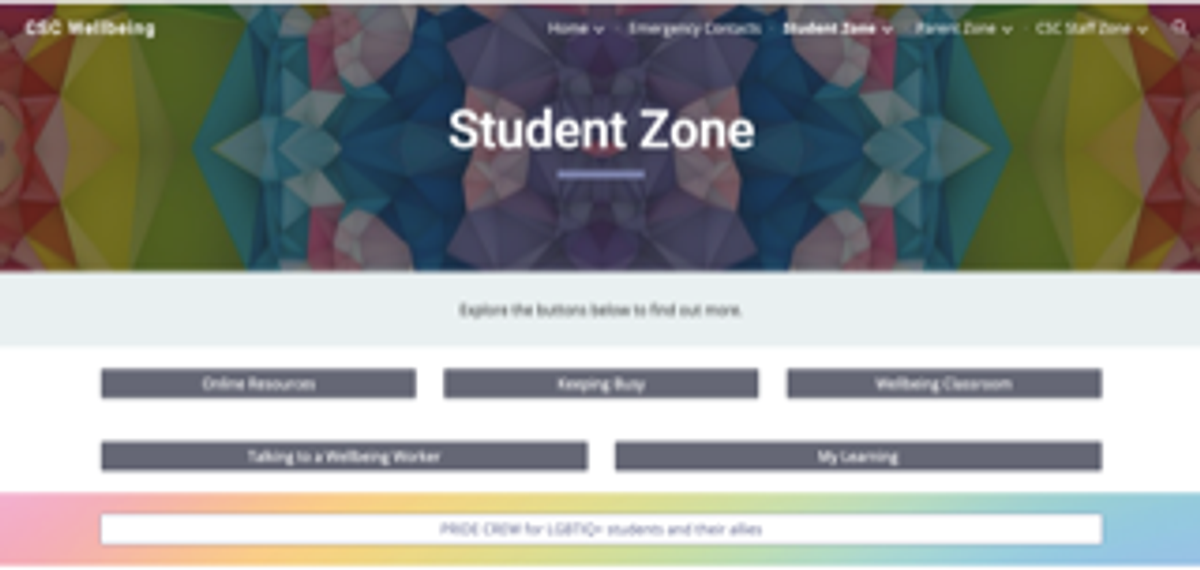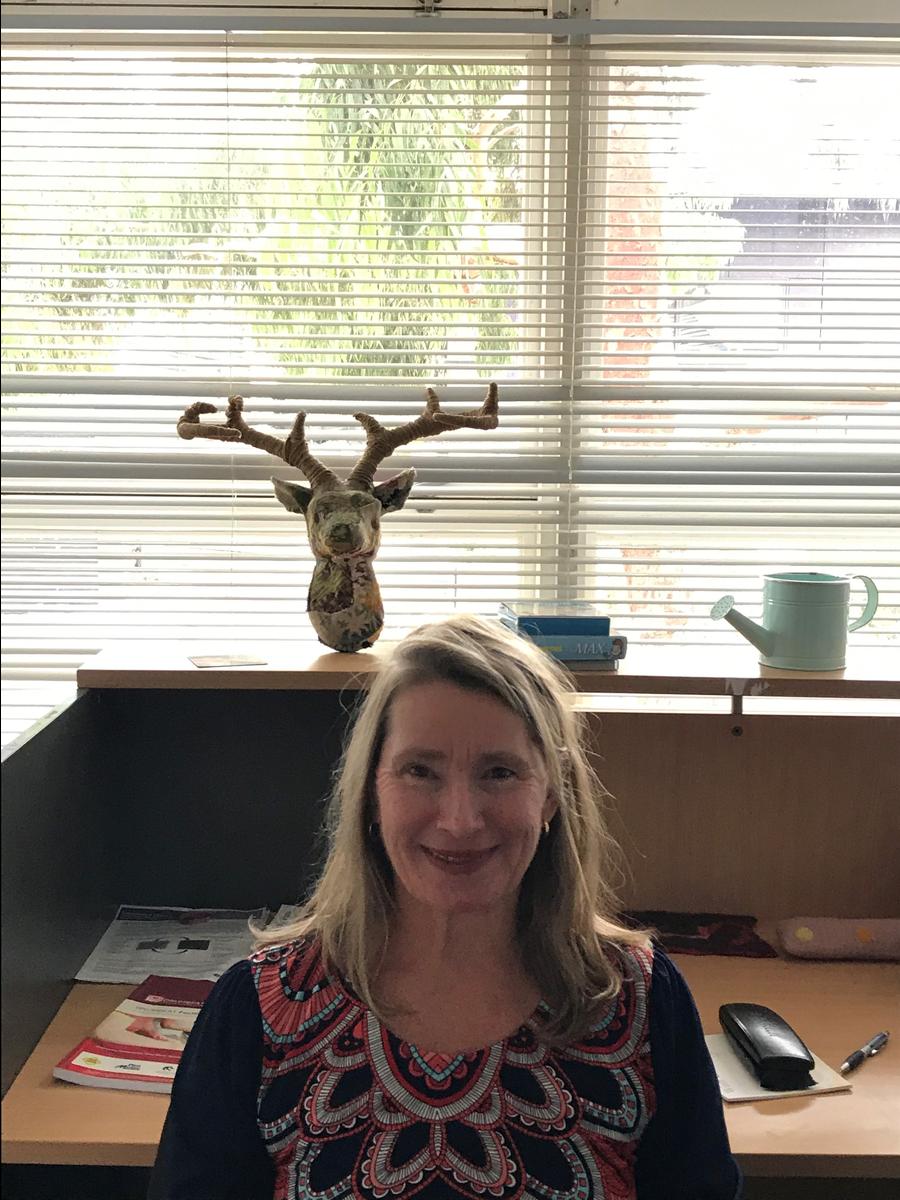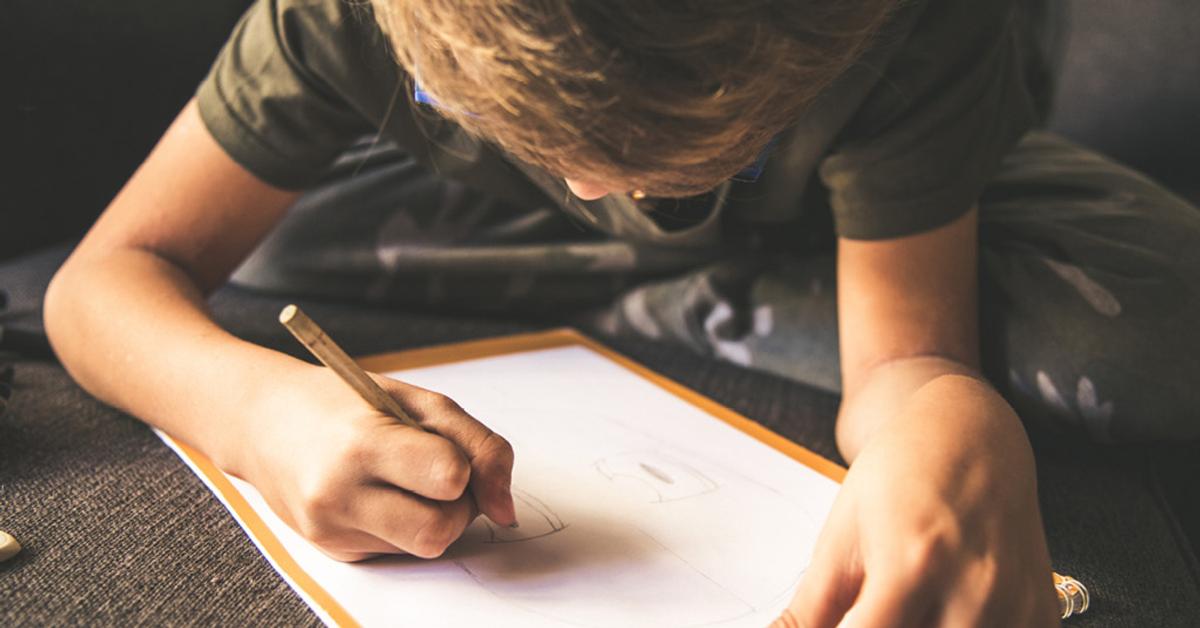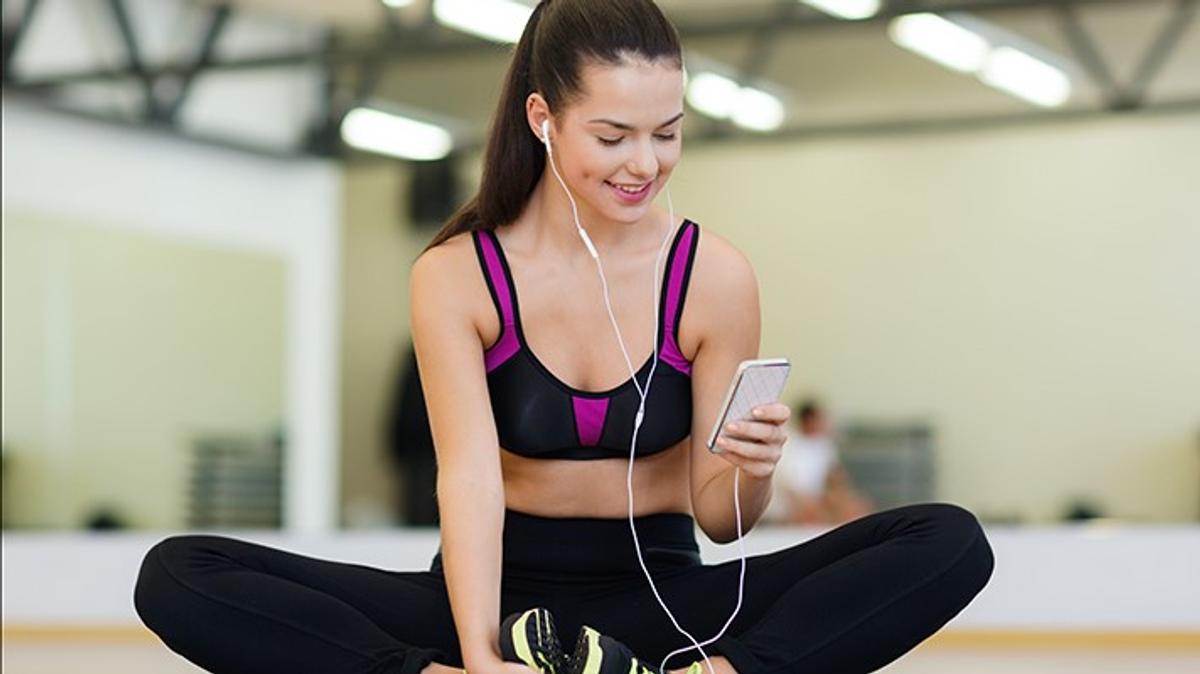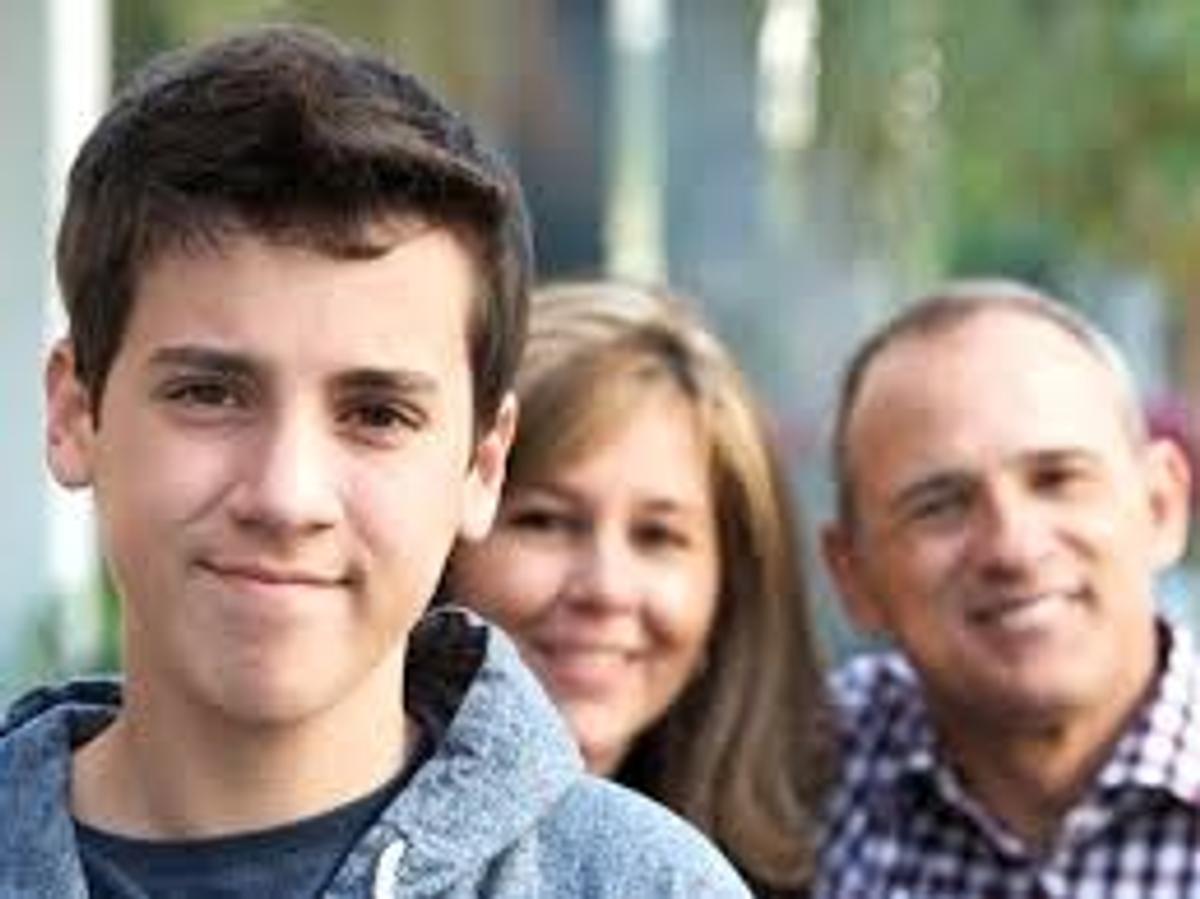Wellbeing News

CSC Wellbeing Website
https://sites.google.com/education.vic.gov.au/cscwellbeing
With students moving to remote learning this term we have developed a website for students, families and teachers to access to get information on student wellbeing.
The website hosts a parent zone, student zone, information, referral pathways and gives you the ability to connect with a Wellbeing Worker.
Mental health practitioners in secondary Schools role at CSC
In term 3, 2019 the Victorian Government commenced rolling out its mental health practitioner role in secondary schools. Every secondary school campus will have a suitably qualified mental health practitioner by 2022.
CSC recently appointed Melanie Mitchell as the Mental Health Practitioner in school worker.
Melanie has a social work background and previously worked at CSC as a social worker from 20111-2014. Melanie brings with her a breadth of experience in working with young people and their families in a variety of settings.
The role of mental health practitioner compliments CSC’s existing wellbeing team which includes Alison Williams, School Nurse, Lisa Cochrane, Chaplain and Shera Blaise, Guidance Officer.
The role of mental health practitioner includes delivery of counselling to support students and other early intervention services, coordinating support for students and contributing to whole-school approaches to health prevention and promotion.
Melanie is planning on offering “Tuning into Teens” training to parent/carer community in Term 3 in partnership with Chirp. This will be offered at Castlemaine Community House with dates and times to be advertised soon.
Melanie is available Monday through to Thursday and can be contacted at melanie.mitchell2@education.vic.gov.au or 0438 447 568.
Berry Street Info
As you maybe well aware our school bases education on The Berry Street Education Model, which enables teachers to both increase engagement with challenging students and improve all students’ self-regulation, growth and academic achievement.
This is an excellent article that we believe may be very useful for you right now, as a parent, having to be support your child with remote learning.
Doctor in school during COVID19
Our wonderful doctors, Dr Louisa Hope, Dr Richard Mayes and Dr Julia Jaensch continue to be available to our students during this time of remote learning. The appointments, as are all GP appointments currently, are preferably via the phone, however your child may still see the doctor face to face if it is necessary, but it will not be at the school but at the doctor’s clinic.
Remember as always, we encourage your local GP to be your first port of call, as they know you better.
If you would like to make an appointment for your child with our doctors, please contact the School Nurse, Alli Williams, who will make the appointment for you.
Contact details: williams.alli.c@edumail.vic.gov.au, phone /text: 0457516931.
The Mentor Site
Another great site that we are encouraging our young people to look at each morning is our mentor site.
The Mentor site can be found through your child’s school google at: https://sites.google.com/education.vic.gov.au/mentor-site/home
We also encourage you to have a look at this site as the weeks progress, keeping up to date on the important information being shared each week.
This week’s theme is keeping connected
CSC Move it Site
The Wellbeing Team have launched a ‘virtual gym’ for all Castlemaine Secondary Students and their families.
The site includes several of the best virtual workouts for all fitness levels, with the choice ranging from footy drills to yoga. There is also several ‘desks stretches’ that can be introduced into your daily routine.
We know that our young people are moving a whole lot less than they usually do, sitting for long periods of time at the desk or in front of screens generally, so this site has been developed especially for them to try and encourage them to increase their daily movement. Exercise helps release chemicals from the brain that positively affects mood, improves sleep, gives us more energy and improves our immune system. We suggest, that the family all get on board, perhaps undertaking a family session together just before tea each night. Another suggestion would be to mix it up and take a couple of classes outside too, for a quick dose of Vitamin D (something that we are possibly not getting enough of now either.)
It’s so important to find a way to incorporate physical activity into our day. Whether it’s daily, several short bursts throughout the day or a few times a week.
The link to the site, which the students can access through their school google accounts is;
https://sites.google.com/education.vic.gov.au/csc-lets-move-it/home
How to talk to our young people about COVID 19
Coronavirus disease is having a profound impact on our daily lives: children and young people know that something is happening. Young people tend to worry more when they aren’t given any information, so it’s important to have a direct discussion about the outbreak to reassure them, help them understand what is happening and what they can do to help.
Set the emotional tone: if you sound panicked while talking about it, they may panic too.
Take cues from your child. You can start the conversation by asking what they know about the situation. Give them the opportunity to ask any questions they have.
Use age-appropriate facts from reliable sources such as government departments.
Don’t give them too much information all at once, it can be overwhelming. Provide them with the basic facts and answer any follow-up questions they have honestly. If you don’t know the answer, look it up. Show your children that it is a good idea to check what they are hearing through their friends and media.
Be reassuring but truthful. Tell them about the measures being put in place to slow the spread, and let them know that young people and children usually experience milder symptoms.
Help them feel empowered by teaching them good hygiene and social distancing techniques.
Be aware of how you talk about the outbreak when young people are present. Remain positive and prevention-focused within earshot.

